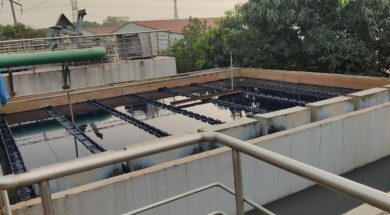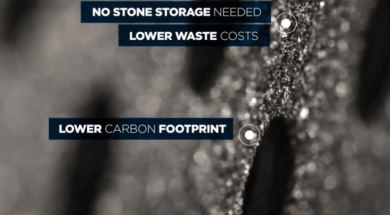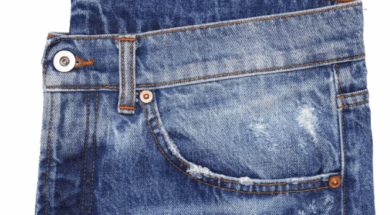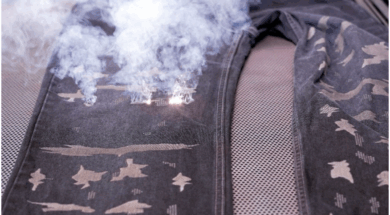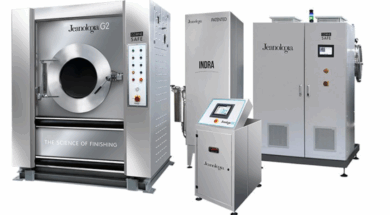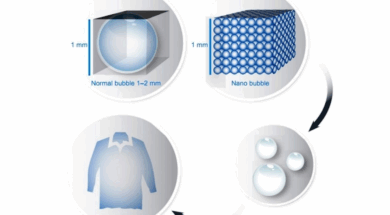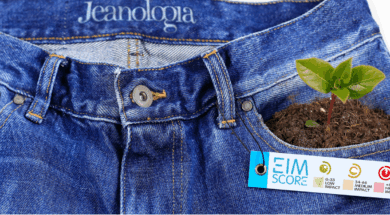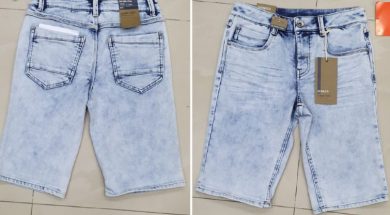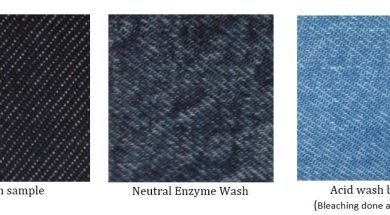Sustainable Effluent Treatment Plants (ETPs): A Key to Greener Garment Washing
Effluent is the excess chemical liquor discharged from an industry after its original use. Industrial effluent, which contains environmentally harmful materials, is treated with chemicals to neutralize or remove these toxins. This treatment occurs in an Effluent Treatment Plant (ETP). Nowadays, having an ETP is common for export-oriented factories due to compliance requirements and strict government regulations on environmental issues.
